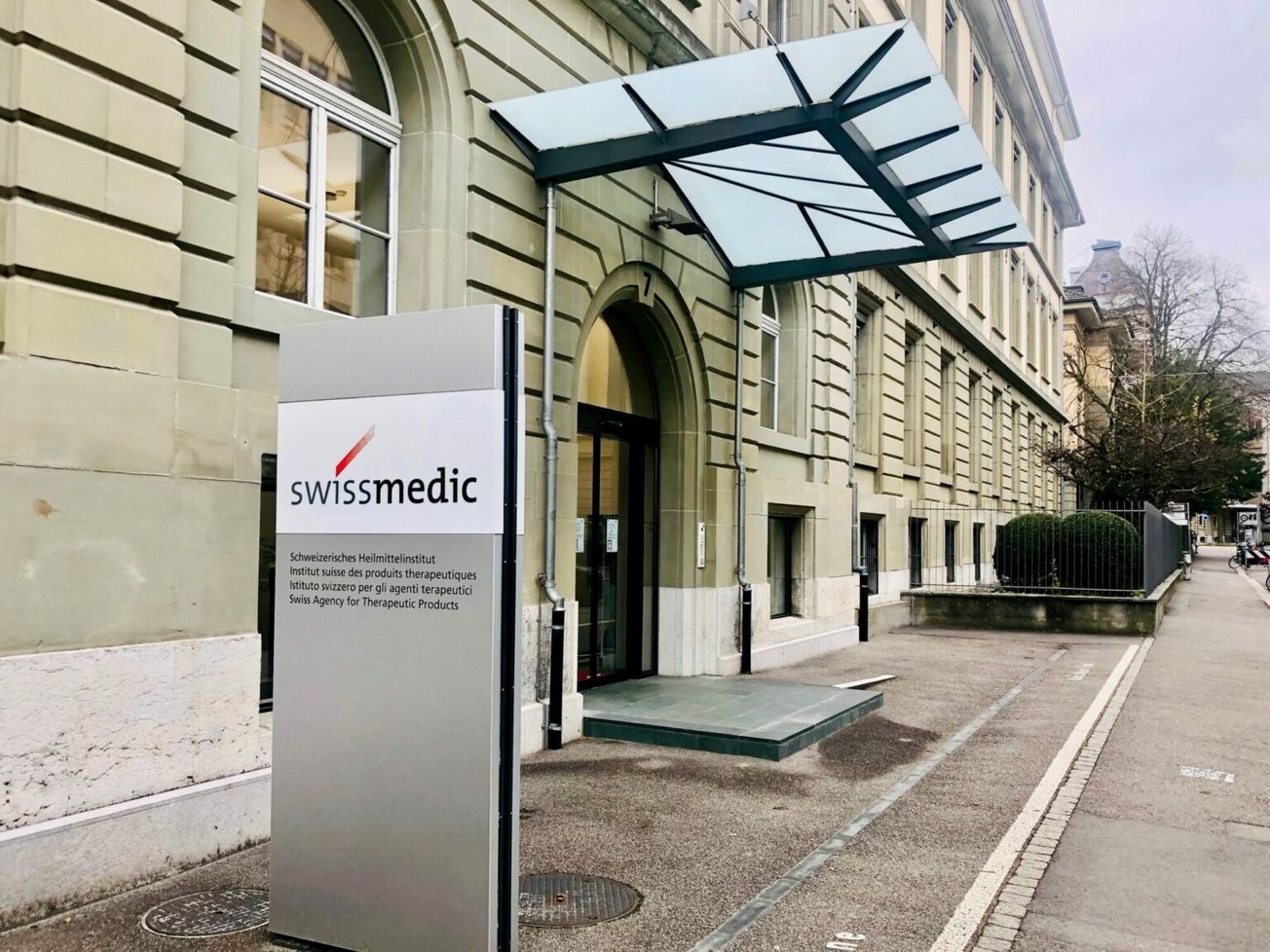BERN, Switzerland (AN) — Switzerland announced on Saturday that it has become the first government in the world to approve a new coronavirus vaccine by adhering to a standard non-emergency process for granting regulatory approval.
Swiss medical regulator Swissmedic said it authorized the Pfizer-BioNTech two-shot vaccine and found the level of protection afforded seven days after the second injection of the vaccine is more than 90% effective against COVID-19.









